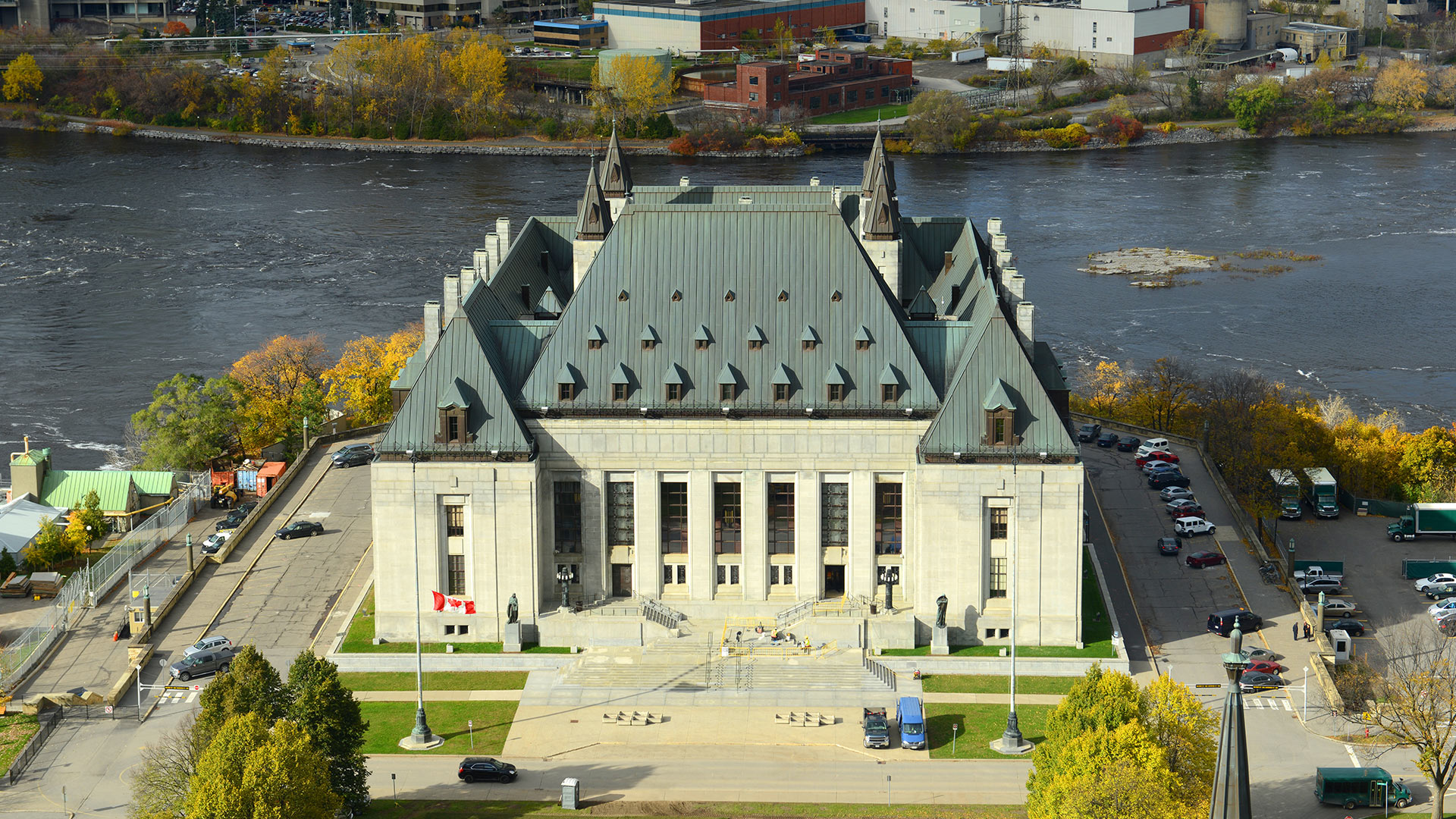
Publication
Canada announces new financial crimes agency
Canada is tightening their financial regulation and enforcement.


Author:
Canada | Publication | May 28, 2021
The Supreme Court of Canada recently released a decision that clarifies when a court can review the decisions of voluntary associations.1 Building on its 2018 decision in Highwood Congregation,2 the court reiterated that courts only have jurisdiction to interfere in these types of cases where a party is seeking to enforce a legal right. The court’s guidance, particularly on when membership in a voluntary association is contractual in nature, will be of interest to voluntary associations (for example, religious groups, registered charities, sports teams, clubs and non-profit organizations).
Five members of the congregation of the Ethiopian Orthodox Tewahedo Church of Canada St. Mary Cathedral (the Church) were expelled. The members brought an action against the Church and members of its senior leadership claiming their expulsion was in breach of the Church’s internal procedures and seeking that it be declared null and void. In response, the Church sought to obtain summary judgment dismissing the action. It argued that the expelled members had no underlying legal right to their membership in the church, and that, as such, the courts lacked jurisdiction to review the expulsion. It is important to note the Church’s congregation was an unincorporated association. The respondents were never members of the associated Church corporation, incorporated under Ontario’s Corporations Act.
The motions judge granted the motion and dismissed the action on the basis that the expelled members had not put forward evidence of an underlying legal right. The Ontario Court of Appeal disagreed. It found that the Church’s written constitution and by-laws amounted to a contract setting out the members’ rights.
The Supreme Court allowed the appeal and dismissed the expelled members’ action. In this case, the only viable basis that could justify the court’s intervention would be if a contractual relationship existed between the Church and its members. The expelled members had not demonstrated an objective intention to enter into a legal relationship despite the Church’s by-laws and constitution and any commitment by the members to make financial contributions to the Church. There was therefore no contract, no justiciable interest, and no genuine issue requiring a trial.
In arriving at its conclusion, the court reaffirmed and clarified the following principles:
While the decisions of voluntary associations will not typically lead to litigation, they are not immune. Such risk can only be evaluated in light of the facts of each case. Where a voluntary association does not intend to create legal relations with its members, it should be particularly cautious in matters relating to employment and the ownership of property. Carefully defining such matters is important to avoid creating the perception of an objective intent to create contractual relations with the voluntary association’s members.
An issue that arises is whether this decision can be distinguished with respect to the fact that the Church’s congregation was not an incorporated entity. It remains to be considered whether the legislation under which a voluntary association is incorporated supports the conclusion that the bylaws of the organization form a contract with the members. Leaving aside the issues relating to property and employment, there are many reasons why a voluntary association would wish to ensure that membership is a contractual relationship – for reasons of member discipline and otherwise. Consideration should be given to being explicit about this issue in an organization’s bylaws, and with respect to ensuring that any application for membership includes an acknowledgement that the prospective member has reviewed the bylaws of the organization and intends to be contractually bound by the provisions thereof.
The author wishes to thank Arianne Kent, summer law student, for her help in preparing this legal update.

Publication
Canada is tightening their financial regulation and enforcement.
Subscribe and stay up to date with the latest legal news, information and events . . .
© Norton Rose Fulbright LLP 2025